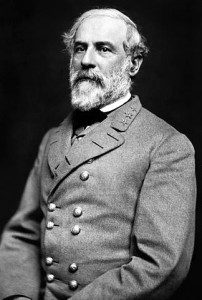The Confederacy enacted the first American military draft on April 16, 1862.
All healthy white men between the ages of 18 and 35 were liable for a three-year term of service in the Confederate Army. All soldiers already in the army for one-year terms now had their length of enlistment extended to three years. In September of 1862, the upper age limit raised to age 45. The age limits expanded to the age range between 17 and 50 in February of 1864.
The Conscription Act of the Confederacy permitted a draftee to hire a substitute to take his place, but the hiring of draft substitutes stopped in December of 1863. If you worked in certain occupations, you were exempt from the draft. Railroad workers, river workers, civil officials, telegraph operators, miners, druggists, and teachers were exempt.
Men working in these occupations were needed more on the home front than on the battlefield. During October, the Confederate Congress amended the draft law and anyone who owned 20 or more slaves was exempt from the draft.

